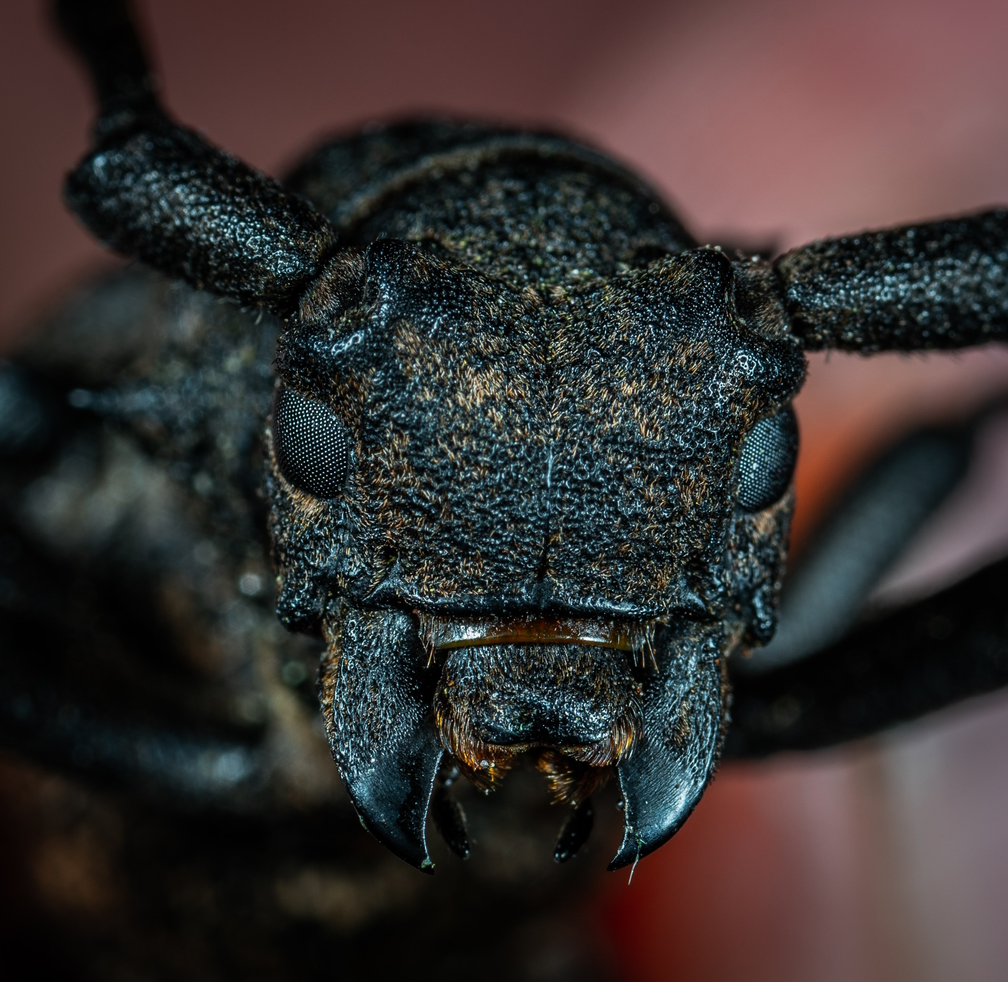The Ugly Truth About Saving The Bees

Save the Bees! They’re the pollinators that will save the human race! It’s true that the humble bumblebee and its cousins play an utterly crucial role in pollination of wildflowers, fruit and crops worldwide. It’s also an ugly truth that pesticides and climate change pose a real risk to bee extinction – but the fact is, it’s not just the bees that need saving.
The Pretty Pollinators
As a species, we’re all about saving the pretty animals. While we line up with our placards to save the koalas and fuzzy faced little bandicoots, it’s a different case for the half dozen rat species on Australia’s endangered list. As far as insects go, most don’t even rate a mention. It’s a known fact about butterflies, that they too are backyard pollinators. Behind bees, butterflies are our favourite cause. But is it because butterflies are essential to our ecosystem, or is it because they’re pretty? The ugly truth is, those pesky and somewhat unappealing flies and ants that drive us mad in the summer, are far more efficient pollinators than butterflies.
Pollination is ONE Important Conservation Issue
Anywhere an eco-system exists successfully it has the pollinators, pests and protectors. Wasps may not be as cute as a fluffy honeybee, or as graceful as a butterfly but the humble wasp not only pollinates plants (and are commonly found in urban Australian eco-systems) but serve as plant protectors by hunting pests. For a successful eco system every species plays a role in preserving the health of the whole eco-system. Not just the pretty ones, or the ones with the best PR company.
The Varroa Mite in Australian Eco-systems
With the Varroa Mite (aptly scientifically named Varroa Destructor) running rampant New South Wales, destroying bee colonies and disrupting bulk honey supply. Australia’s eco-system isn’t ready for the varroa mite. The world isn’t ready for the varroa mite. Frankly, they’ve broken free of their role in natural ecosystems. They’re natural predator on Australian shores? The hideously ugly Chelifer Cancroids – or Pseudo Scorpion, native to Western Australia – not New South Wales. Let’s take to the streets to preserve the Pseudo Scorpion! No?
‘Save the Bees’ is an Oversimplified Approach
The better news is “saving the bees” and “saving the wasps, butterflies, house flies, worms, beetles, scorpions, even the cockroaches” is about keeping eco-systems in good health. Urban, wild, wet… ensuring that native plant life is thriving, allowing natural water flow, protecting soil from erosion, managing pest species where no natural predator is present – these are the fundamental steps to saving the bees, and everything else in our environment.




